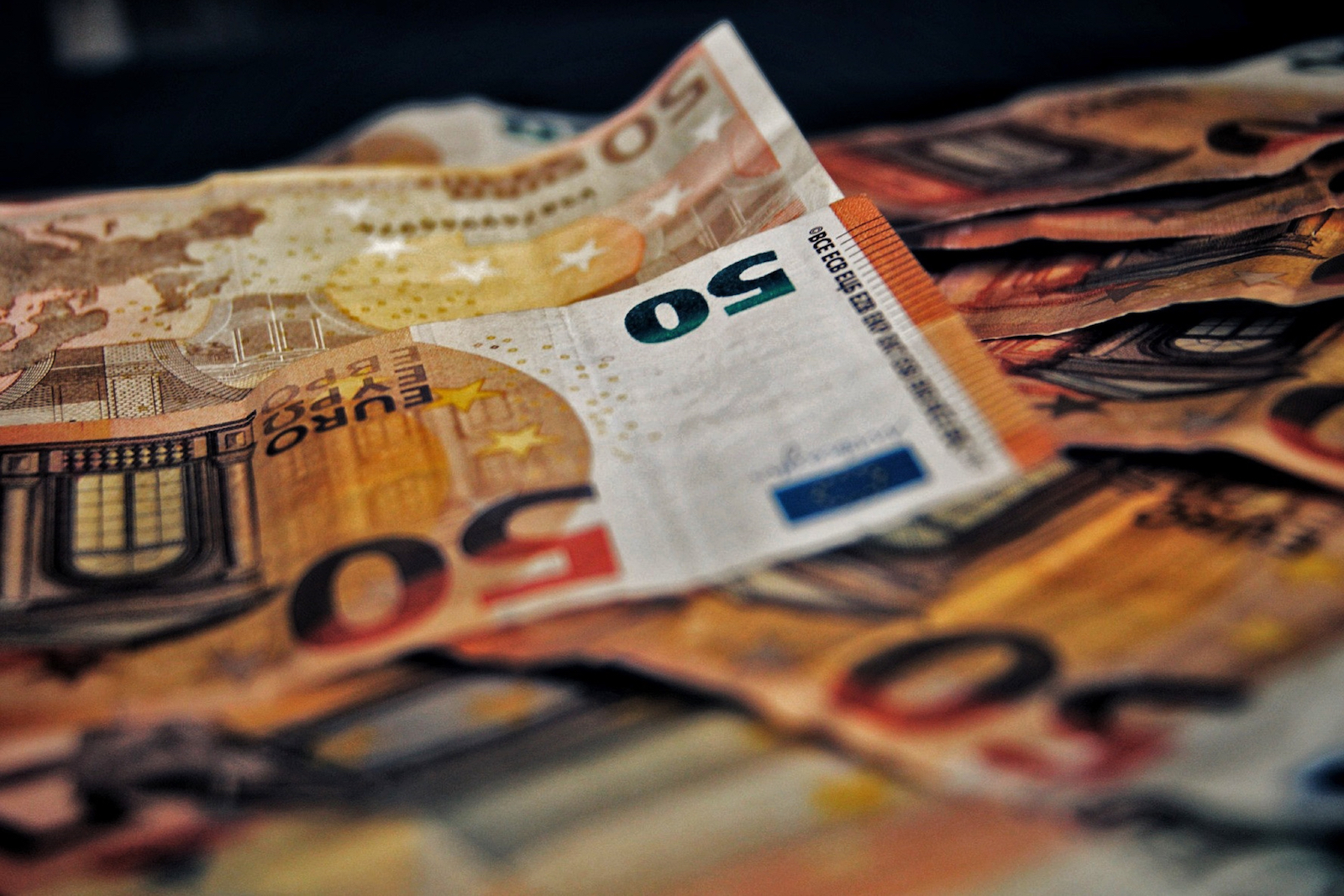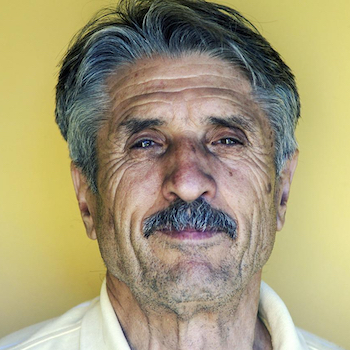
Shadows over Vilnius: Unraveling Lithuania’s Judicial Morass
Since regaining their independence, the Baltic states have enthusiastically adopted democratic principles and integrated themselves into the European Union. However, they continue to face accusations of tolerating corruption, casting a shadow over their democratic achievements. The issue of corruption, particularly within the realms of law enforcement and the judiciary, has become a focal point of concern, especially in the United States, with Lithuania often at the center of these discussions.
Lithuania, in particular, has seen its share of scandals that underscore the challenges it faces with judicial corruption. A notable instance occurred in 2019 when a comprehensive bribery scandal unfolded, leading to criminal charges against 12 high-ranking judges, including a notable figure from the Lithuanian Supreme Court. In a turn of events that shocked many, by the end of 2021, all charges against these individuals were dismissed, raising questions about the integrity of the legal process and the extent of corruption within the judiciary.
Recent reports in both U.S. and Lithuanian media have shed light on a contentious inheritance battle, playing out not just in the courtroom but allegedly in the shadowed alleyways of Lithuania as well. At the heart of the controversy is the late Raimondas Karpavičius, a Lithuanian magnate whose wealth—rumored to have been amassed through manipulation and illicit deals—was bequeathed to an assembly of government officials and their operatives, tainted law enforcement, and known criminal figures.
The scandal unfolds with these facts and accusations: Following Karpavičius’s death, his sprawling business empire was questionably handed over to his brother, Henrikas Karpavičius, and his confidante, Aistė Grybauskienė, sidelining legitimate heirs. Henrikas, who had been estranged, emerged as a key player in the final months of Raimondas’s life, laying claim alongside Raimondas’s female friend to an inheritance valued at €110 million. As Raimondas succumbed to illness, Henrikas, aided by private security, allegedly barred the tycoon’s wife and son from any contact, effectively isolating him during his most vulnerable moments.
Allegations from those within the circle of Raimondas’s wife suggest a darker narrative: a deliberate plot to alienate the tycoon, hasten his death, and seize control of his assets. The widow and her son believe that these actions were part of a broader pattern of flagrant corruption infiltrating the highest levels of Lithuania’s judiciary and law enforcement — a scheme that ultimately left them out in the cold and raised serious questions about the rule of law in Lithuania.
In the intricate legal battle over Raimondas Karpavičius’s estate, specialists engaged by his family have leveled serious accusations. They contend that a coalition of corrupt law enforcement and judiciary officials conspired with Aistė Grybauskienė to expropriate the assets of the late businessman. Grybauskienė is said to have collaborated with Arūnas Pukelis, a man of dubious legal repute who later fashioned himself as a legitimate entrepreneur. This duo is accused of orchestrating a fraud to deprive Raimondas’s rightful heirs of their inheritance, allegedly leveraging not only a compromised legal system but also manipulating media narratives. A network that included unethical lawyers, prosecutors, judges, and other facilitators was reportedly mobilized to carry out this scheme.
A pivotal civil case concerning the Karpavičius estate is now pending before the Lithuanian Supreme Court. The family’s representatives assert that earlier decisions from the country’s lower courts were tainted by the undue influence of high-level officials in the judiciary and law enforcement. They argue that these rulings were biased, claiming that the courts recognized a will that Raimondas was not in a condition to understand, let alone endorse, despite evidence to the contrary.
To counter the official narrative, Raimondas’s family initiated an independent investigation. The findings from this inquiry starkly contradict the initial legal assessments, suggesting that at the time of signing his will, Raimondas was incapable of comprehending the implications of his actions. The case continues to raise profound concerns about judicial integrity and the safeguarding of individual rights in Lithuania.
The unfolding scandal in Lithuania has garnered the attention of U.S. officials.
Sources indicate that investigations within the U.S. federal law enforcement community have launched official inquiries into alleged judicial and police corruption tied to a labyrinthine inheritance dispute, designated as case e3K-3-2-701/2024. This investigation has reportedly entangled certain U.S. nationals alongside Lithuanian law enforcement officials, according to insiders connected with U.S. federal law enforcement.
The integrity of Lithuania’s legal system and the alleged corruption among its judiciary is of significant concern to the United States, not only due to the nation’s fledgling democratic status but also because of the financial aid it receives from American and European coffers.
The U.S. has been a substantial benefactor of financial aid to Lithuania and its Baltic neighbors, all former Soviet satellites. Post-Soviet Union, Lithuania has been embraced as a valued strategic ally by the United States.
The cornerstone of the U.S.-Lithuania alliance is their defense collaboration. From 2017 to 2022, the U.S. State Department allocated $279.75 million in foreign aid to Lithuania, supplemented by $8.9 million dedicated to training the country’s armed forces. This financial relationship signifies a tangible American stake in Lithuania’s stability and adherence to democratic principles.
It is a positive development that U.S. federal law enforcement is actively investigating claims of corruption within the Lithuanian judiciary and law enforcement. This scrutiny underscores the broader commitment of the U.S. to uphold the rule of law and support the fight against corruption in its allied nations.

